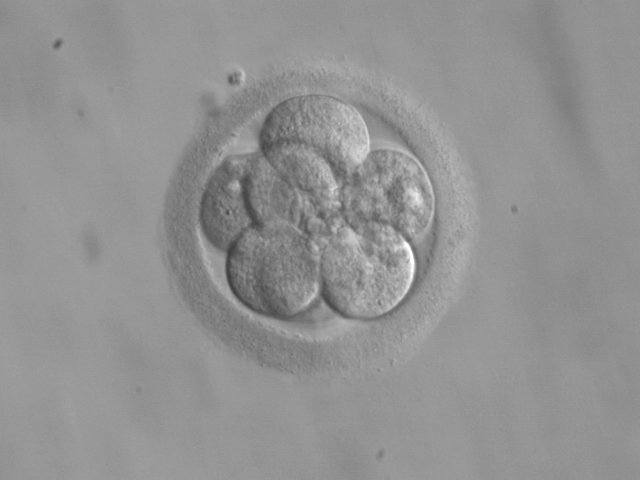Human embryos have been genetically modified for the first time

The technique they have tried is to inject the enzyme complex CRISPR/Cas9 into the embryos. This complex adheres to the desired genomic fragment and with it enters the molecule that will transform the gene. Until now the technique has been tested on adult cells and animal embryos. In the case of China, it has been tested in human embryos with the aim of repairing the defective HBB gene causing beta-thalassemia disease.
As explained in the study, discarded human embryos have been used in assisted fertilization, that is, they could not develop if applied in the uterus. The complex was injected into the 86 embryos, when they had a single cell, and they waited to have eight cells. 71 embryos survived, of which only 28 were successful. They also discover that embryos had severe mutations. The researchers themselves have recognized that this is a bad result for use in human embryos, which should achieve 100% success.
This experiment has transcended the concern already raised by the possibility of genetically transforming human embryos. In fact, in an article published in the journal Nature last March, a group of experts refused to use such techniques, providing ethical and scientific reasons. Among other things, they had a great concern for the safety of such techniques.
It should be noted that Chinese researchers sent their research to the journal Nature and Science and both refused to publish it.
Buletina
Bidali zure helbide elektronikoa eta jaso asteroko buletina zure sarrera-ontzian











